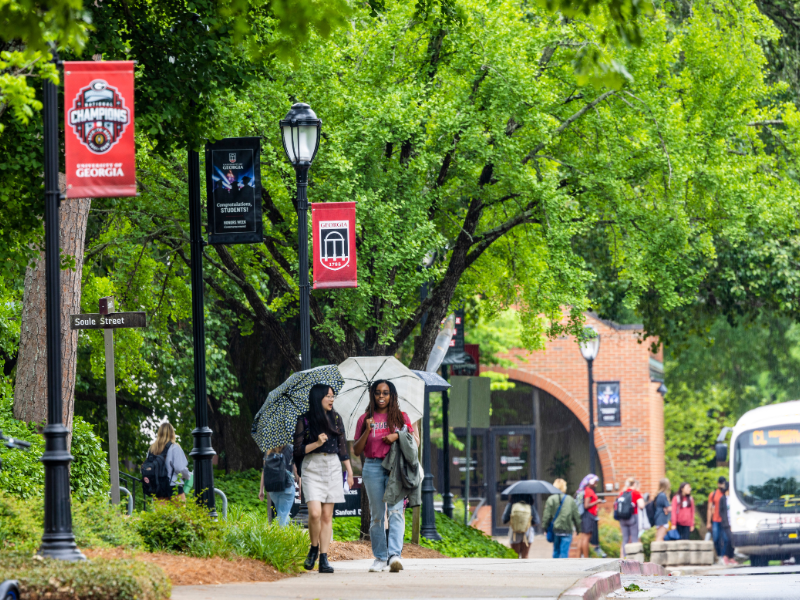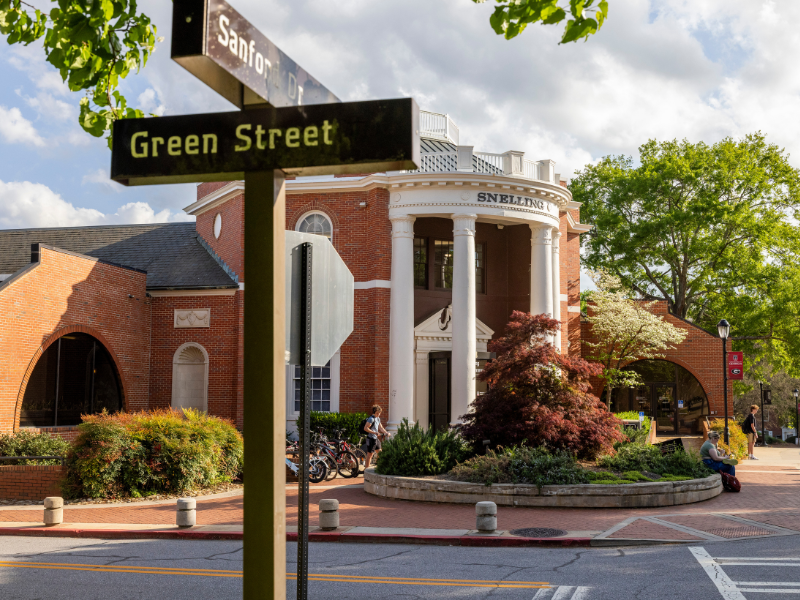Gain Skills and Understanding To Create Systemic Change
The Sustainability Certificate incorporates applied learning in interdisciplinary settings and equips students with critical skills to address global sustainability challenges through real-world solutions.



